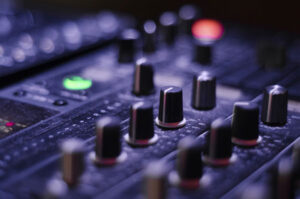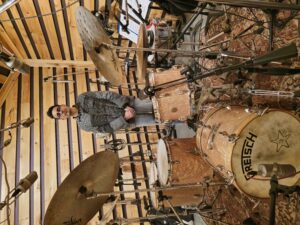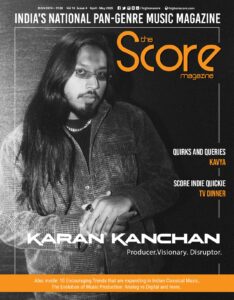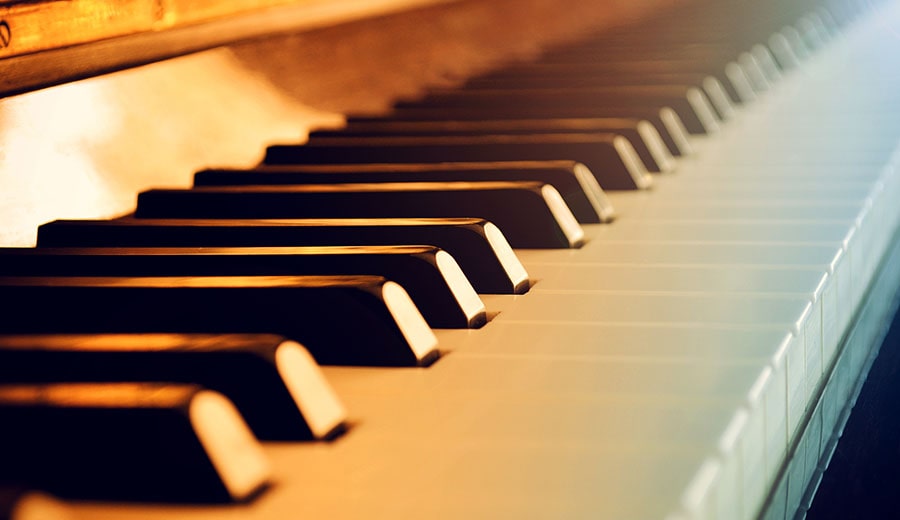Music is definitely magical. It can stir up our emotions and ignite our imagination like nothing else. It can make us clench our fist in dissent or grab our lover’s hand tightly with equal ease. However emotionally moving us isn’t all music can do.
Ever-growing scientific suggests that playing an instrument, the piano in particular, can have a holistic positive impact on your life. Playing the piano is a wonderful experience for a multitude of reasons. You can accompany you family while they sing holiday classics or entertain your horde (or a
bunch) of screaming (or quiet) fans. Playing the piano can really help your brain in ways that you wouldn’t expect.
Here are some ways in which playing the piano can boost your brain power:
Improved Hand-eye Coordination
A good hand-eye coordination is a must for playing the piano. A recent study (Music and Health; Alan H. D. Watson, School of Biosciences, Cardiff University, UK) suggests that pianists actually change their brains’ cortical mapping to increase finger speeds. It’s a boon for people with reduced
motor skills. Playing the piano can challenge their brains to make new connections and enhance their motor skills. This can help children and even adults improve their hand-eye coordination later in life. It’s never too late to start.
Expanded Cultural Knowledge
A 2016 study (ScienceDaily and Massachusetts Institute of Technology) showed that musical preference comes from cultural influences and is not innate (born into us). So if you love the super-dissonant harmonies of Stravinsky, then you’re really no different than someone who loves Mozart
—at your core, that is. The study also shows that learning to play piano helps expand our cultural knowledge by exposing us to new sounds and styles of music. Especially for children, this exposure can encourage divergent thinking and a better acceptance of different cultures.
Improved Kinesthetic or Tactile Learning
“Kinesthesia” is the sense that detects bodily position, weight, or movement of the muscles, tendons, and joints. In 2013, a study at an institute in Barcelona (Pompeu Fabra University, Barcelona, Spain) found that people who practiced piano had better neurological and psychological
improvements compared with people who participated in activities such as football, basketball, or drawing, according to their scale.
Slowed Decline of Neural Processing, Hearing, and Memory
As we age, our ability to process auditory signals usually begins to slow down. A recent study by ABC News discoveres that those who made a lifelong habit of playing music slowed this decline and that of brain processing and inner-ear hearing loss. A lot of pianists continue to play the instrument well into their seventies. ”Use it or lose it” is definitely at work here.
Enhanced Self-esteem
A 2014 study of Canadian fourth-grade students (Sage Pub Journals) showed those who received three years of individual piano lessons tested higher on self-esteem measures and achievement tests. The feeling of accomplishment that comes from learning a piece of music is a wonderful confidence booster. Performing it from memory is even better. It’s just an incredible rush of adrenaline and feel good hormones.
A Great Digital Detox
The digital revolution has more or less enslaved us to our screens now. New research keeps popping up everyday which talks about the harmful effects of extended time spent on digital devices. A digital detox or spending time away from digital devices is really necessary for us all. Long periods of
time on electronics have been shown to increase brain atrophy and lower cognitive functioning (Psychology Today, Victoria L. Dunckley, MD). Playing the piano gets you away from your digital screens. Since it’s such an absorbing activity, it keeps you away from your digital screens for a long
time.








